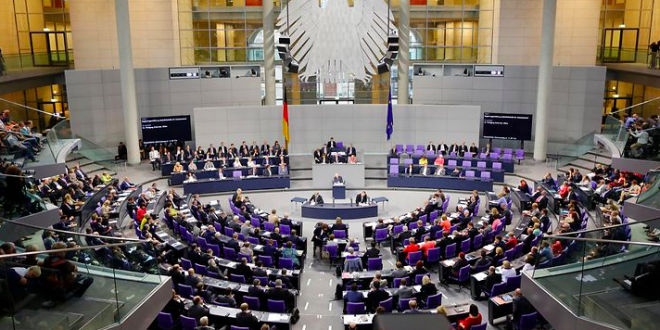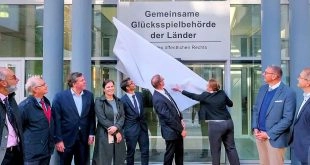The European Commission has confirmed this week that it will investigate German state regulatory frameworks attached to land-based casino taxation policy to assess whether certain tax grants favour state-owned operators.
Confirming its investigation, the EC details that it has received several complaints branding Bundesland (German state) tax grants and guarantees offered to ‘public casinos’ as forms of state aid, breaching European Union business laws.
Furthermore, the EC will assess whether additional state-level tax charges placed on the ‘economic capabilities’ of private casino operators have created an unequal marketplace for competition.
At present, there are 65 land-based casinos operating in Germany, of which half are owned or part-owned by Bundesland authorities.
Under existing regulatory frameworks, individual German states have the authority to set individual licensing conditions and operator taxation rates within their respective Bundesland ‘Casino Acts’.
Of particular concern, the EC will investigate the Bundesland of North Rhine-Westphalia’s adaptation of its ‘Casino Act’, which is alleged to have granted numerous tax concessions to state-backed operator Westspiel GMBH, which allow the operator to secure its market dominance across the region.
EC officials confirm that individual parties and wider stakeholders will be allowed the opportunity to submit comments and information with regards to assisting its investigation on German casino taxation.









